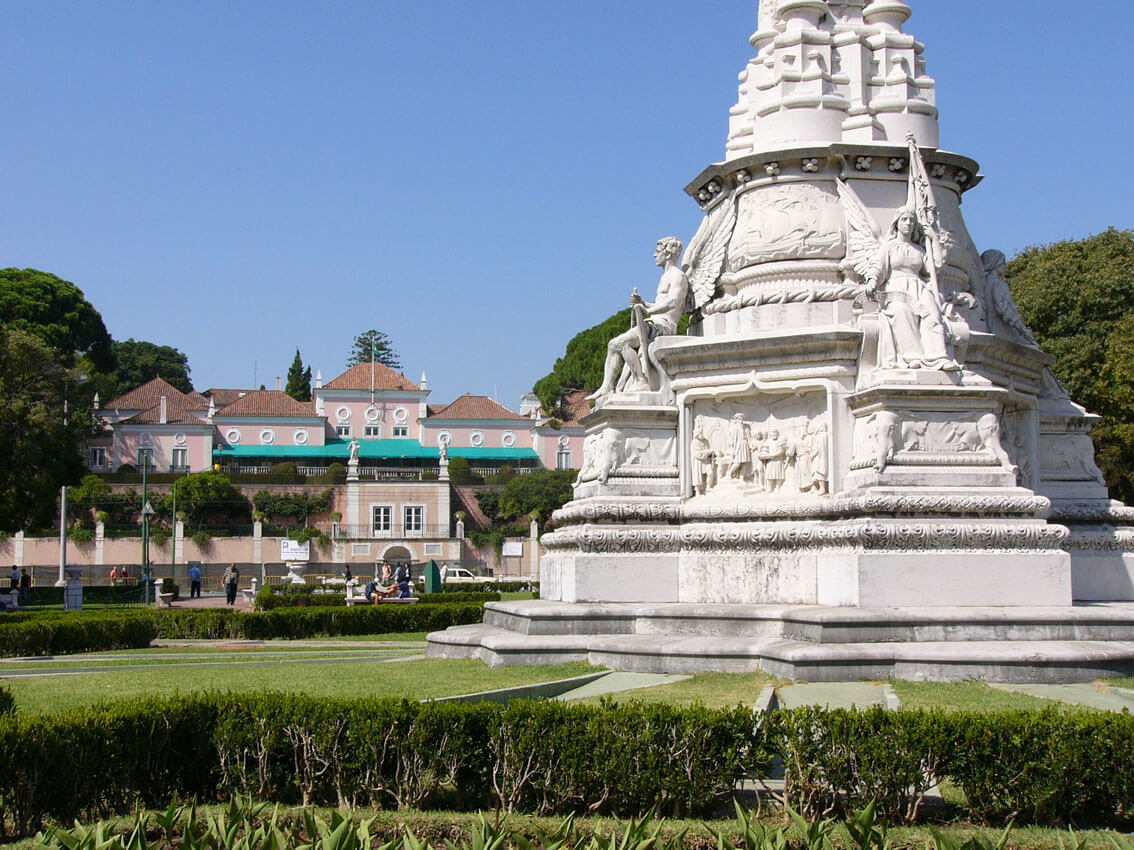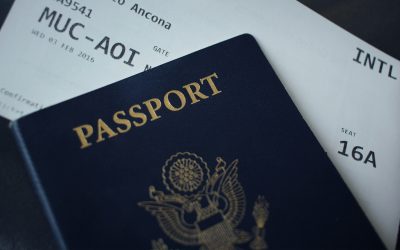On 24 July 2025, the President of Portugal, Marcelo Rebelo de Sousa, submitted the latest amendments to the Portuguese immigration law 2025 (Lei dos Estrangeiros) to the Constitutional Court for preventive review. This unprecedented step reflects concerns about the compatibility of the new decree with the Portuguese Constitution, especially regarding family reunification rights and the best interests of the child.
Key Issues Challenged by the President
1. Family Reunification Restrictions
The new law introduces stricter conditions for family reunification. Only minor children who have legally entered Portugal may be immediately reunited with a residence permit holder. For other family members, including spouses, a two-year period of legal residence is required before they can join the primary resident.
2. Undefined Legal Concepts
The text of the law includes vague and undefined terms (e.g., “sufficient means of subsistence” or “exceptional circumstances due to the complexity of the case”), delegating their definition to future government ordinances. According to the President, this jeopardizes legal certainty and equal treatment.
3. Extended Decision Periods
The timeframe for processing family reunification requests has been extended to nine months, with possible further extensions. Moreover, the tacit approval mechanism (automatic approval after a set period) has been eliminated, potentially delaying family reunification for up to 3.5 years in practice.
4. Access to Justice
A newly introduced Article 87-B imposes additional barriers to urgent judicial review of administrative decisions. Judges will be allowed to weigh “administrative operational constraints,” which could limit effective access to justice.
The President’s Concerns about Portuguese Immigration Law 2025
President Marcelo Rebelo de Sousa emphasized that these amendments may “restrict, in a disproportionate and unequal way, the principle of family unity”, risking violations of the best interests of the child. He further warned that these measures could encourage irregular migration by excluding certain family members, such as spouses, from legal reunification pathways.The President also questioned the legislative process, highlighting that the decree was fast-tracked through Parliament without proper consultations or hearings, some of which were legally required or, at the very least, advisable to ensure democratic legitimacy and smooth implementation.
Political Context
The amendments were approved by Parliament on 16 July 2025, with votes in favor from PSD, Chega, and CDS-PP, abstention from Iniciativa Liberal, and votes against from PS, Livre, PCP, BE, PAN, and JPP. The proposal originated from the PSD/CDS-PP government and a bill presented by Chega. The new rules also tighten visa issuance, limit family reunification for immigrants, and impose new restrictions on residence permits for citizens from CPLP countries.
What Happens Next to the Portuguese immigration law 2025?
The Constitutional Court’s decision will determine whether these changes to Portugal’s immigration law can take effect. This ruling will have significant implications for foreign nationals living in or planning to move to Portugal, as well as for families awaiting reunification.
How Madeira Corporate Services Can Help
At Madeira Corporate Services (MCS), we closely monitor legal developments affecting residency, visas, and immigration procedures in Portugal and Madeira. Our team can assist you with: Navigating family reunification and residence permit applications. Advising on compliance with new immigration requirements. Offering tailored tax and legal support for foreign residents and investors.
The founding of Madeira Corporate Services dates back to 1996. MCS started as a corporate service provider in the Madeira International Business Center and rapidly became a leading management company… Read more




